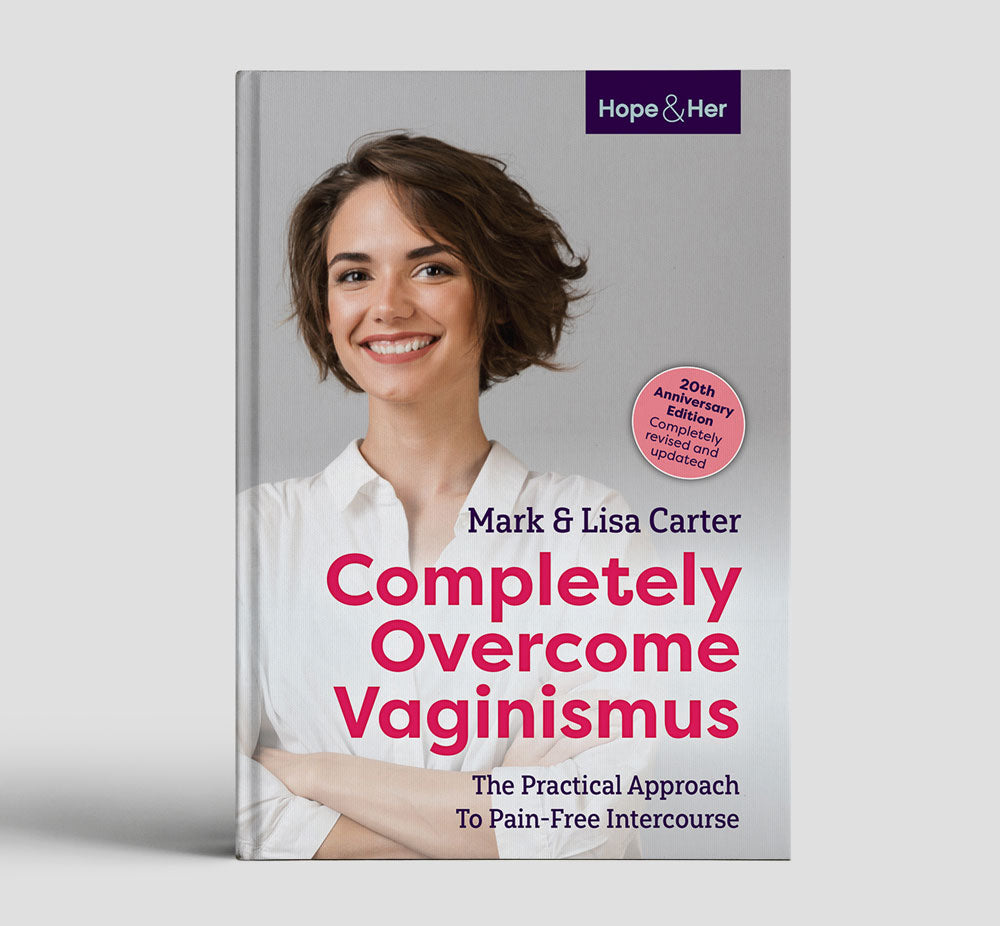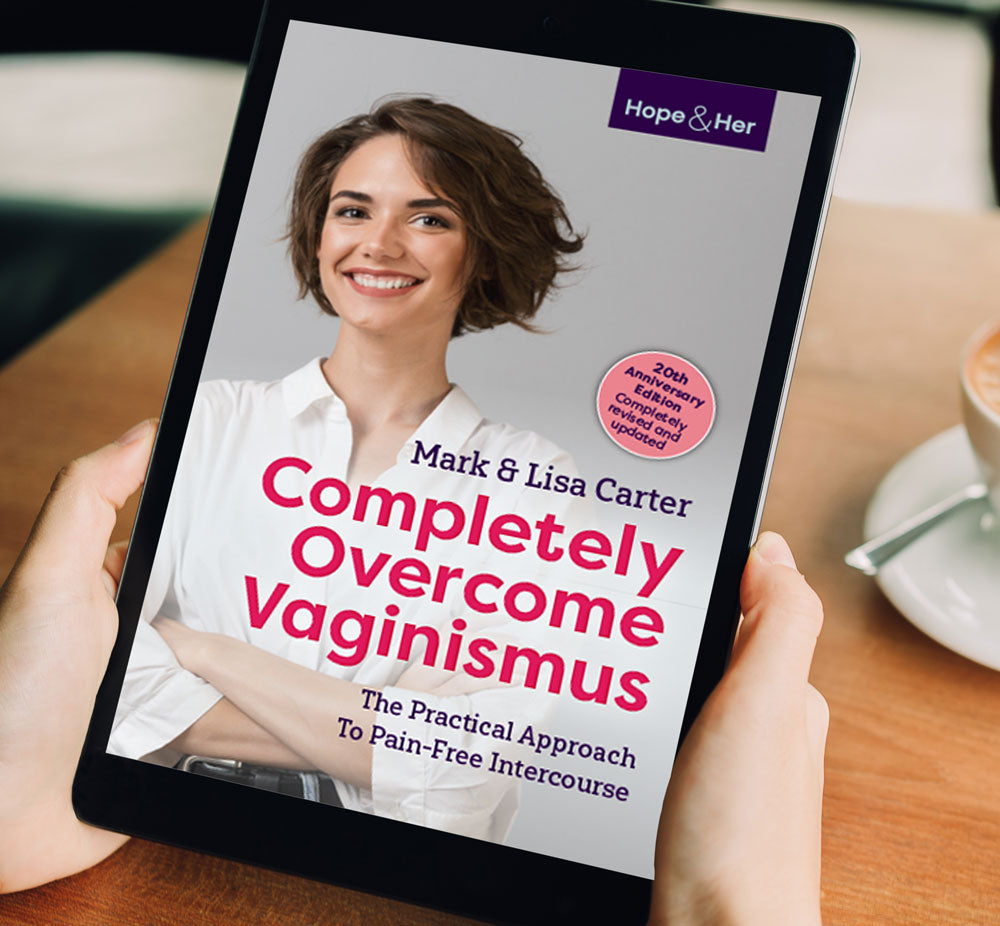Vaginismus brings several unique challenges before and during pregnancy, but solutions are available to provide relief.
Vaginismus & Pregnancy
Here are some of the common concerns of those wanting to have children and those who are already pregnant:
I can’t have sex because of vaginismus and my biological clock is ticking. Any advice?
Understanding these pressures to conceive, we support women in their efforts to start a family. Whenever possible, we encourage women to continue to work at overcoming vaginismus while they pursue pregnancy options. Since vaginismus is usually treatable within a reasonable length of time, couples are often able to resolve this issue prior to conception and childbirth. In fact, the desire to become pregnant can actually be a major motivator for a woman to complete a vaginismus treatment program in a reasonable time.
Beyond assisting with conception, eliminating the vaginismus problem contributes to a more relaxed pregnancy and a healthier relationship between the couple. It is also beneficial to bring a child into a stable home without the ongoing pressures of unresolved sexual problems between the parents.
If I am unable to have pelvic exams due to vaginismus, how will I handle prenatal care while pregnant?
Untreated vaginismus may present some challenges during pregnancy. Some women experience pelvic tightness or spasms during simple routine pelvic exams. For this reason, vaginismus may present problems during prenatal care visits, vaginal ultrasounds, pre/post-delivery pelvic exams, and other procedures.
There are no easy answers for this, so it is best to overcome the vaginismus before or early in the pregnancy so that both intercourse and pelvic exams are possible without pain or great difficulty.
Will vaginismus impede the vaginal delivery of a baby?
Unresolved vaginismus will not normally impede the actual vaginal delivery process (something coming out of a woman's body doesn't cause the same effect as something trying to go into a woman's body). Childbirth is experienced normally, the same as it would be for those without vaginismus, but there may be difficulties with pelvic exams and other pre/post-natal procedures, or with medical interventions to address delivery complications. Therefore, women are encouraged to consider resolving their vaginismus prior to delivery.
Before embarking on vaginismus treatment during pregnancy, a physician should be consulted to confirm the appropriateness of treatment options, and to ensure that none pose a risk to the pregnant female or developing baby.
Will natural childbirth help relieve vaginismus by stretching the vaginal opening?
Despite the significant stretching experienced in natural childbirth, untreated vaginismus will typically continue to cause ongoing problems, as it is caused from a limbic muscle-tightening reaction, not from a physical lack of size. Some women may experience minor improvement resulting from the birthing process, but others may see their condition worsen as a result of additional delivery trauma or recovery pain. The body's limbic system may interpret the trauma or temporary pain as further confirmation of the need for involuntary protective tightening.
Can natural childbirth trauma cause vaginismus?
Yes, childbirth can cause vaginismus, especially if a woman has experienced physical or emotional trauma during the birth process (for example from a difficult or prolonged delivery).
Intercourse following childbirth may be uncomfortable or painful as well, due to temporary vaginal bruising, procedures such as episiotomies (surgical incision to enlarge the vaginal opening quickly during delivery), tearing of the perineum (area between the vulva and anus), attempting to have intercourse before healing from childbirth is complete, and/or vaginal dryness due to hormonal changes/breastfeeding. Any of these types of experiences may trigger secondary vaginismus as an ongoing problem.
It is normal to have some vaginal tenderness when having sex after childbirth. However, ongoing penetration difficulties or pain may be due to vaginismus and should be further evaluated by a doctor.





